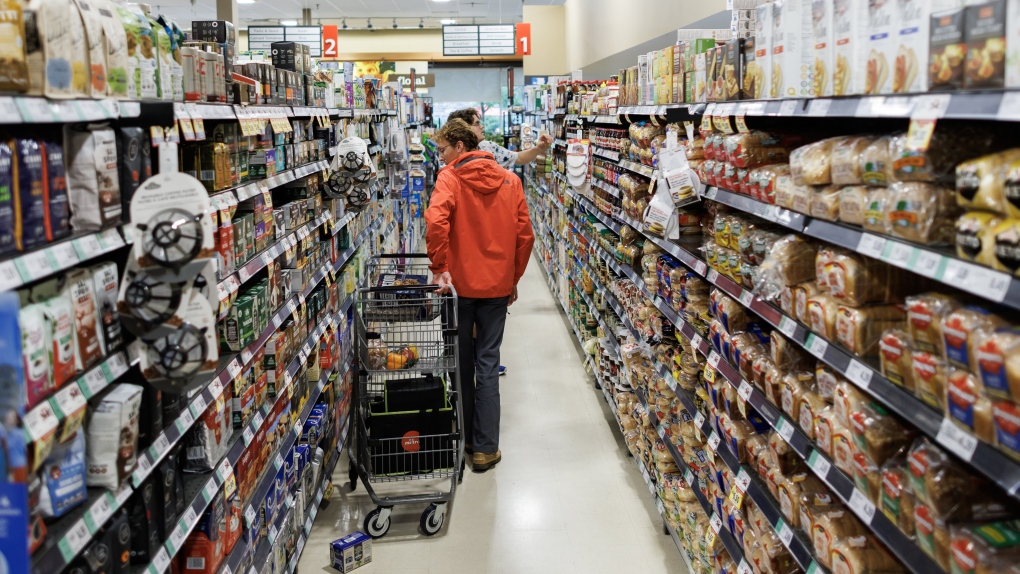Consumer Reports has found that plastics retain a “widespread” presence in food despite the health risks, and called on regulators to reassess the safety of plastics that come into contact with food during production.
The non-profit consumer group said on Thursday that 84 out of 85 supermarket foods and fast foods it recently tested contained “plasticizers” known as phthalates, a chemical used to make plastic more durable.
It also said 79% of food samples in its study contained bisphenol A (BPA), another chemical found in plastic, and other bisphenols, though levels were lower than in tests done in 2009.
Consumer Reports said none of the phthalate levels it found exceeded limits set by U.S. and European regulators.
It also said there was no level of phthalates that scientists confirm is safe, but that does not guarantee the safety of foods you eat.



Not a scientist, and can barely remember the details, buuuut…
Dropping BPA didn’t remove the issue. Manufacturers just moved on to other untested plasticizers, such as BPAF, or BPF, or BPS.
All that marketing - and it went into telling us that the product didn’t contain BPA, while ignoring that the products contained chemicals that were potentially worse!
Bisphenol compounds are used to make plastic more rigid/durable, but on the other side of it, are phthalates, which are generally used for pliability.
And this is where the “not a scientist” part shows heavily.
I don’t know if we can make plastics safe for use within our food chain. Both plastics and biological entities are carbon-based (most plastics come from crude oil), and the way we act on those is via cyclic compounds, and so chemicals that act on or modify plastics and humans are often structurally similar. Most medicines are cyclic compounds. Even sugar (glucose) is a cyclic compound.
My understanding is minimal, but my hunch is that there’s basically no safe way to retain the usefulness of plastics as they relate to food.